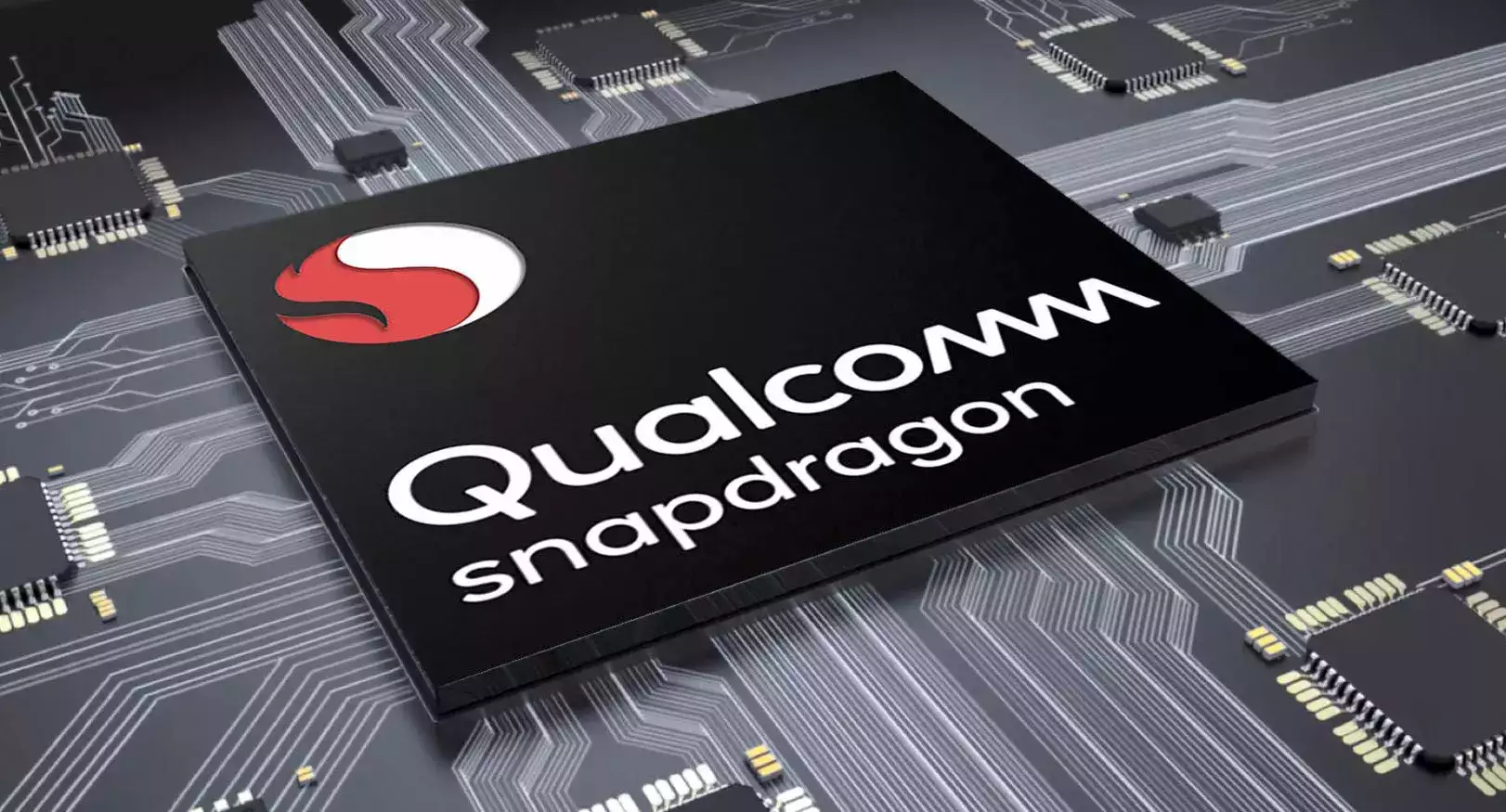Qualcomm is enhancing safety and connectivity in mobile devices, particularly wearables, with its latest Snapdragon technology, bringing satellite-based SOS functionality to smartwatches. The newly unveiled Snapdragon W5+ Gen 2 and W5 Gen 2 Wearable Platforms mark a significant leap forward, offering the first wearable chipsets with Narrowband Non-Terrestrial Network (NB-NTN) support, leveraging Skylo's network. This innovation enables two-way emergency messaging directly from a wearable, providing a crucial safety net for users in areas lacking cellular coverage.
The integration of satellite connectivity addresses a critical need for reliable communication in remote locations. Adventurers, travelers, and individuals in various industries can now use their wearables to send SOS messages without relying on traditional mobile networks. This feature alone significantly enhances the value proposition of smartwatches, transforming them from mere fitness trackers and notification centers into potentially life-saving devices.
Beyond emergency messaging, the Snapdragon W5 Gen 2 platforms bring a host of other improvements to wearables. Key advancements include:
- Enhanced GPS Accuracy: Location Machine Learning 3.0 improves GPS accuracy by up to 50%, ensuring more reliable tracking in challenging environments such as dense urban areas and deep canyons.
- Optimized RF Front End (RFFE): A redesigned RFFE module contributes to a 20% reduction in size and lower power consumption, enabling manufacturers to create sleeker, more efficient wearable designs with extended battery life.
- Efficient Architecture: Built on a 4nm system-on-chip (SoC) architecture, the new platforms balance performance with power efficiency. The Snapdragon W5+ Gen 2 includes a low-power co-processor for handling background tasks, further optimizing battery life.
- Wear OS Optimization: The Snapdragon W5 Gen 2 platforms are compatible with the latest version of Wear OS, ensuring seamless integration, advanced smartwatch features, and improved multi-device support.
The Google Pixel Watch 4 is among the first devices to incorporate the Snapdragon W5 Gen 2 platform. This collaboration between Google and Qualcomm is strategic, showcasing the potential of tightly integrated hardware and software. The Pixel Watch 4's satellite SOS feature will be available in the continental US, with plans to expand to more regions. For a limited time, Google will offer the satellite feature for free for the first two years.
The introduction of Snapdragon Satellite in wearables marks a turning point for the industry. By enabling direct satellite communication, Qualcomm is addressing the limitations of traditional connectivity methods and empowering users to stay connected and safe in virtually any environment. This technology has the potential to drive broader adoption of wearables, making them indispensable tools for communication, safety, and peace of mind.

















